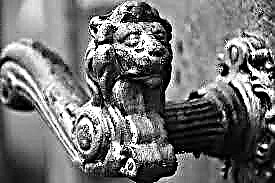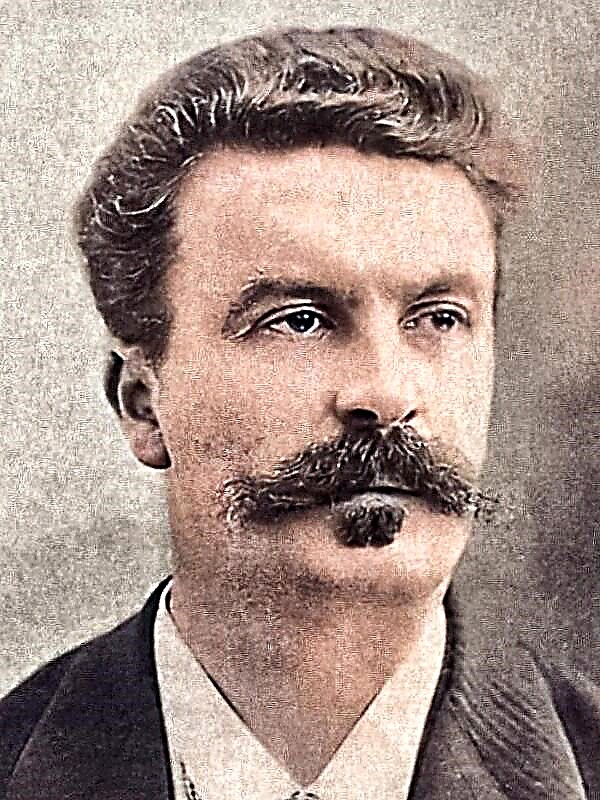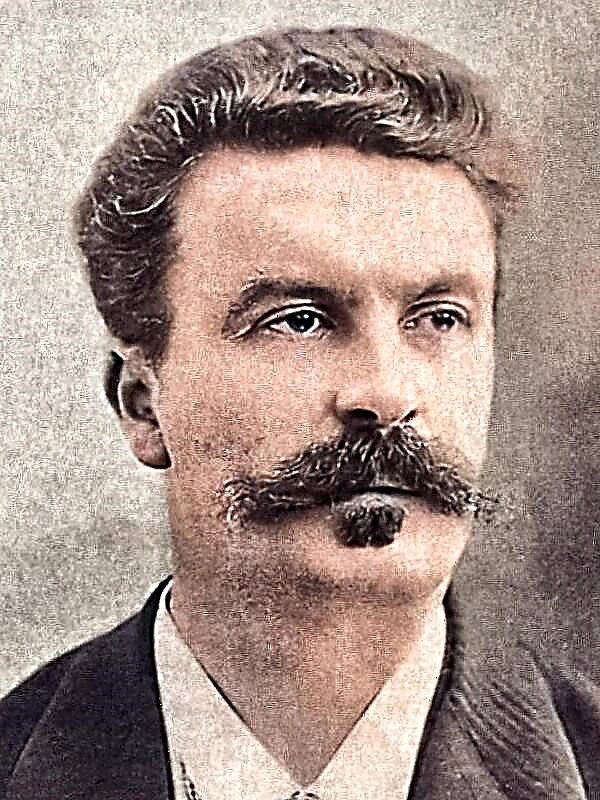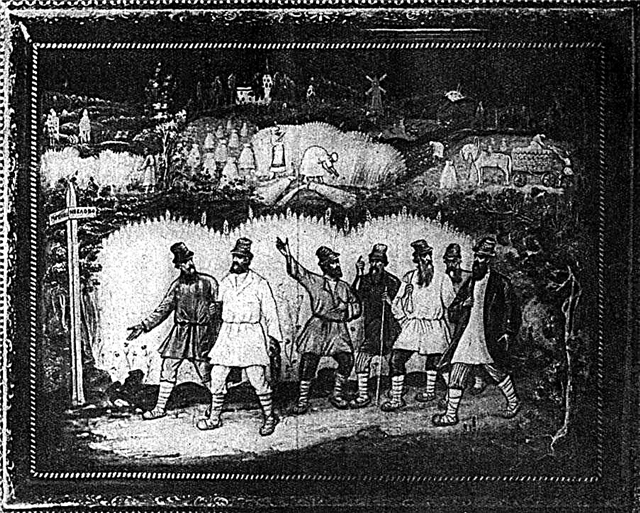It is difficult to find another such work of Russian literature, which from the moment of its creation to this day has had such a demand and popularity in culture. Both in Russia and abroad. Theatrical and musical productions, numerous adaptations - all this suggests that many artists are haunted by the idea of finding the right reading of this great work - this is “Anna Karenina” by Leo Tolstoy.
History of creation
In February 1870, with L.N. Tolstoy's idea of a work on spiritual searches and personal life of representatives of the Russian nobility arises, and the impetus for the creation of Anna Karenina was inspired by Pushkin's prose.
The novel is named for the main character, whose image seems to attract attention. Anna is beautiful and educated, but Tolstoy's original plan was different. In the early version of the novel, it had the remote name “Well done woman”, and the central character looked different: the name of the heroine was Tatyana Stavrovich, and the character was distinguished by vulgarity and cowardice.
Work on the work was begun in 1873, the novel was printed in parts in the journal "Russian Herald", and in 1878 the creation was published in its entirety.
Genre and direction
The genre of "Anna Karenina" is a novel whose orientation is very extensive. One of the main vectors is philosophical. Heroes reflect on such categories as life, its meaning, love, faith, truth. It is noteworthy that the book interacts with folk wisdom in the novel. It is the words of the peasant that help Levin to answer exciting questions.
The definition of “social” is not alien to the work. The novel describes the fate of three families that are completely different from each other. But the participants in the novel are not limited only to the circle of friends and relatives: the protagonist is the whole society. The opinion of others not least determines this or that action of the characters.
Essence
The novel opens with famous words about the Oblonsky’s house: there they are waiting for the Guest - Anna Karenina, the sister of Steve Oblonsky, the head of the family. Betrayed by her husband, Dolly wants to save the family and hopes for help from sister-in-law. But for Anna, this trip becomes fateful: on the platform she meets Vronsky - her future lover. The young count came to make an offer to Kitty Shcherbatskaya. The girl has feelings for Vronsky and prefers him to Levin, in love with her.
Anna, along with Oblonsky and Shcherbatsky, goes to the ball, where she again meets Vronsky. Kitty's dreams are broken: she realizes that she can not compete with the splendor and charm of Karenina.
Anna returns to Petersburg and realizes how disgusted her life is for her. Disgusting husband, do not love the child.
A romantic relationship is struck between Karenina and Vronsky, the deceived spouse is indignant, but does not agree to a divorce. Anna decides to leave her husband and son and leaves with her lover in Italy. They have a daughter, but motherhood does not bring the heroine joy: she feels that Vronsky is treating her colder. This experience pushes the young woman to a desperate act - suicide.
The main characters and their characteristics
- One of the central characters of the novel is Anna Karenina. Her image is very complex and multifaceted (we wrote more about him in brief composition) The heroine is beautiful, educated, she has great potential, which is not given to be realized. As a wife, she could not create a happy family with the insensitive Karenin, but she also had to pay a heavy price for her relationship with Vronsky — expulsion from secular society. Motherhood also does not bring joy to the heroine: Anna dreams of a different life, envious of the characters of the novels.
- Vronsky sees something unusual in Anna, admires her, but he himself is nothing special from himself. This is a supporter of quiet, peaceful happiness, in line with the best English traditions. He is young, hot, ardent, but the first serious trials change his character: Alexei becomes as inattentive and indifferent as the experienced husband of Anna.
- Dolly shy of Anna in some way. Daria Alexandrovna sets off Karenina - this bright and wayward character. She is modest, humble, life makes Dolly endure and endure all the trials destined by fate: her husband’s infidelity, poverty, and children's illnesses. And nothing has been given to change her.
- There is an opinion that Pushkin’s novel “Eugene Onegin” could be called Tatyana’s name, a similar situation has developed around “Anna Karenina”, where considerable attention is paid to Levin. The prototype for this character is L. N. Tolstoy himself. Many situations, for example, a scene of marriage proposal, are autobiographical. Konstantin Levin - a thoughtful, modest and reasonable person. He seeks to know the meaning of life and find his calling, but the truth always eludes him.
- Steve Oblonsky - a loving, unstable and fussy person who has achieved a good place only thanks to the successful marriage of his sister. He is good-natured, cheerful and talkative, but only in company. In the family, he does not pay due attention to his wife and children.
- Karenin - a senior official, a man stiff and serious. He rarely shows feelings, is cold to his wife and son. In his life, work occupies a central place. He is very dependent on public opinion, values visibility, not the essence.
Topics
- Love. For L.N. the theme of love has always gone beyond romantic relationships. So in the novel “Anna Karenina” we observe how, for example, two feelings fight in the main character: love for a child and passion for Vronsky.
- A family. Family thought is at the heart of the novel under consideration. For the author, the hearth is the most important goal of man. The writer offers the reader the fate of three families: one fell apart, the other on the brink, the third is perfect. This approach cannot but refer us to folklore motives, when two negative ones set off the ideal hero.
- Philistinism. A brilliant career in Tolstoy’s novel contradicts the possibility of creating a strong family. Anna twice suffers from the rules accepted in society: this is Karenin’s inability to communicate in the family circle, as well as the rejection in her higher circles of her romance with Vronsky.
- Revenge. It is the desire to take revenge on Vronsky that pushes Anna to commit suicide. For her, this was the best way to punish her lover for not paying enough attention to her, for not understanding her. Was this really so? It is difficult to say, but this is how Anna saw their relationship before the fatal step.
Problems
- Treason. This phenomenon is regarded as a crime against the most important and sacred that is in the life of a person - the family. Tolstoy does not give a prescription on how to avoid this, but shows what marital infidelity can lead to. Dolly and Karenin have different views on betrayal, but the criminals themselves do not find happiness from this.
- Indifference. Many characters of the novel, in interaction with each other, adhere to the rules of etiquette, while not giving any freedom to feelings and not showing sincerity. In the office of the minister or at a social reception, such behavior is quite appropriate, but not in the home circle. The coldness of her husband poisons Anna, and a misunderstanding of Vronsky leads to death.
- Public opinion. The problem of following public opinion was posed by Griboedov in his famous comedy at the beginning of the 19th century. Tolstoy gives more dramatic illustrations of how secular judgments affect the fate of people. Anna cannot get a divorce, and illegal communication closes the door to higher circles.
Meaning
Anna Karenina becomes a victim of her own crime. Happiness based on family breakdown was not possible. Jealousy begins to prevail over her, the thought that Vronsky is getting cold towards her becomes an obsession that drives one crazy.
Blind following of passion is not a favorable path for a person. The search for truth, meaning - this is the ideal for Tolstoy. The embodiment of such an idea is presented by Levin, who manages to avoid the most serious sin, thanks to the revealed wisdom.
Criticism
Not all of the literary world cordially accepted Tolstoy's new novel. The advantages of "Anna Karenina" were emphasized in their comments only by Dostoevsky. For this work, he awarded the writer the title of "god of art." Other critics, for example, Saltykov-Shchedrin, called the creation of L.N. a salon high-society novel. Variations arose on the basis of the ideological currents existing at that time: the Slavophiles had a much closer romance than the Westerners.
There were claims to the text. So A.V. Stankevich accused the author of incomplete composition and inconsistency with the genre of the novel.
Today, Anna Karenina occupies a special place in world literature, but debates about the structure of the work, the characters of the main characters still exist.



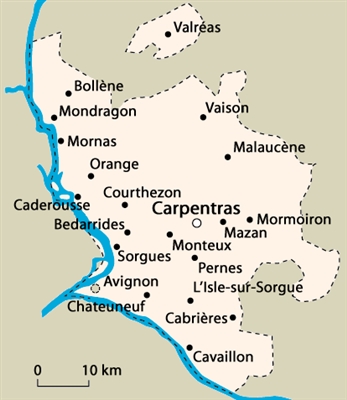
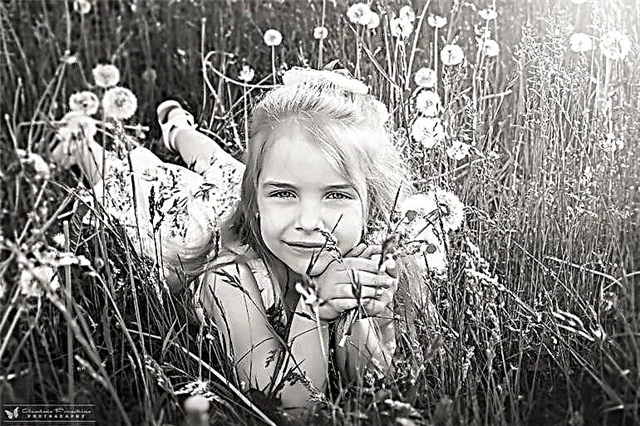

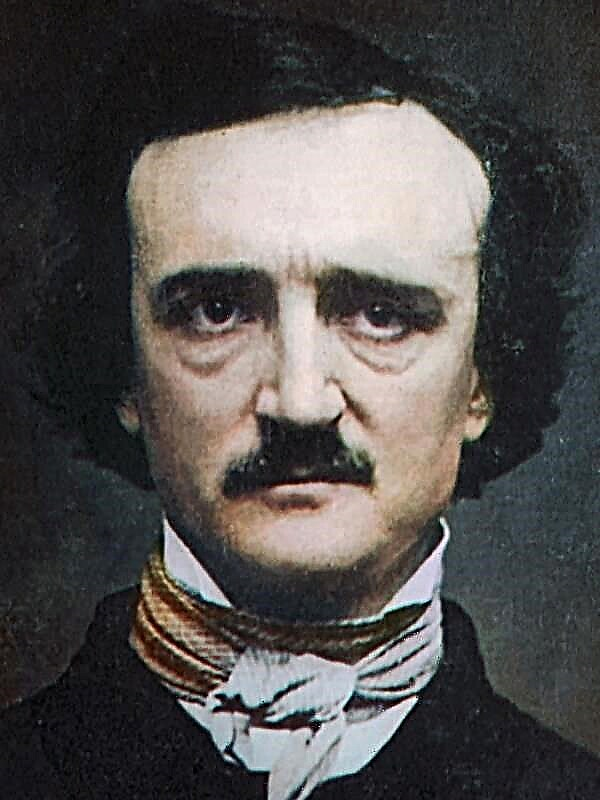
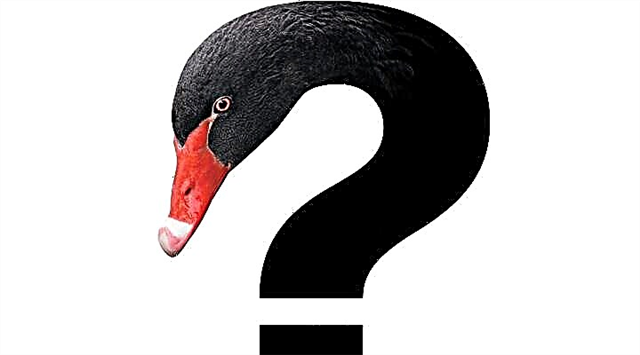 Black Swan
Black Swan Negotiating without defeat
Negotiating without defeat